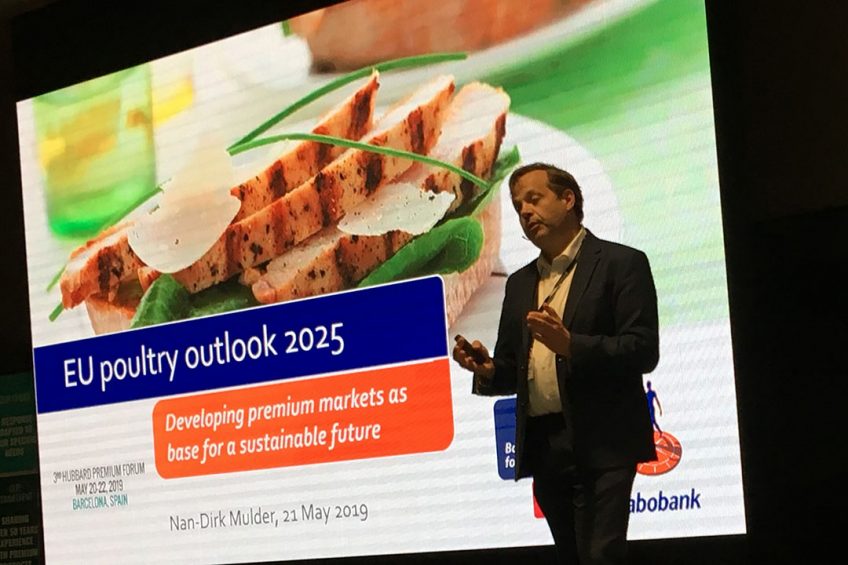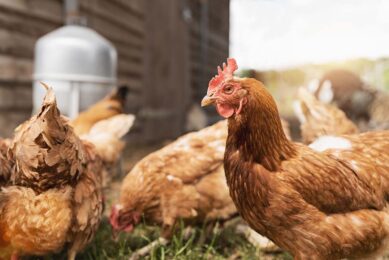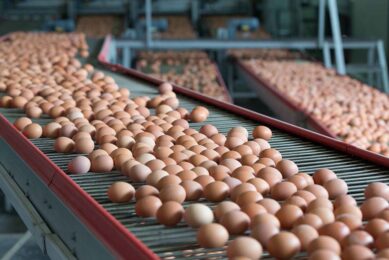Covid and bird flu set to cause ongoing issues

Market volatility and change will continue to impact the global egg industry over the next year as the ongoing impact of Covid-19 and issues linked to avian influenza affect production.
The sector has gone through the key stages of Covid-19 disruption, which has seen huge channel shifts from foodservice to retail and online and the closures of wet markets along with significant supply chain disruptions. These have involved work absences, logistics and distribution issues – particularly for day old chicks – and issues around the supply/pricing of inputs, including feed additives.
It is now moving into a second stage, one of economic crisis, which is set to run for part of next year until the Covid-19 vaccine kicks in. This will involve a downgrading in growth in animal protein, but eggs will benefit from this “trading down” effects, being the lowest priced animal protein.
Stage 3, according to Nan-Dirk Mulder, Rabobank senior analyst animal protein, will come post-2021 and will involve a changing view on food supply, requiring different strategies across the globe.
IEC’s global econonomic utlook for the egg sector
Speaking at the International Egg Commission’s “Global Economic Outlook for the Egg Sector” webinar, Mr Mulder said there had been large drops in food service sales with the EU/UK most affected during the first ¾ of the year. Similarly, counties that relied heavily on tourism, such as Spain, Thailand, Japan and Colombia, had seen their domestic egg sales hit by Covid-19 related travel restrictions. While food services have been hit, supermarkets and online sales have been booming during lockdowns, seeing rises of 25 and 40% respectively.
Covid-19, as well as African Swine Fever (ASF) in pigs, has led to big global market volatility, but he stressed that it was important to understand that just 3% of eggs are traded globally. Countries most affected had been the EU (-7%), Ukraine (-10%) and Turkey (-22%), due to Iraq closing its borders because of Covid-19, while the United States (+7%) had sorted its over-supply issues and had become increasingly competitive.
 Covid-19: Impact on the global poultry sector
Covid-19: Impact on the global poultry sector
What impact is the pandemic having on the global poultry sector and how are they dealing with it?
Post-Covid
Turning to the post-Covid era, Mr Mulder talked about changing investment themes for the industry. He felt there would be 3 main themes – an accelerated global growth in egg demand; a more consolidated and international sector; and social concern driven change, especially for but not limited to Western European markets.
Post 2021-2030 production growth would see developing countries, such as India, Pakistan, Bangladesh and Myanmar, grow fastest at more than 5% per year. Fast growth of between 3-5% would be seen in Far East nations, such as Indonesia, Malaysia and the Philippines as well as Colombia, Nigeria and Turkey. The key egg producing nations of China and US will see slower growth of between 1-3%, alongside Mexico, Brazil, Thailand, Canada and South Africa, while mature nations (the EU, Japan, Russia and Ukraine) may only see rises of between 0-1%.
Join 31,000+ subscribers
Subscribe to our newsletter to stay updated about all the need-to-know content in the poultry sector, three times a week. Beheer
Beheer








 WP Admin
WP Admin  Bewerk bericht
Bewerk bericht